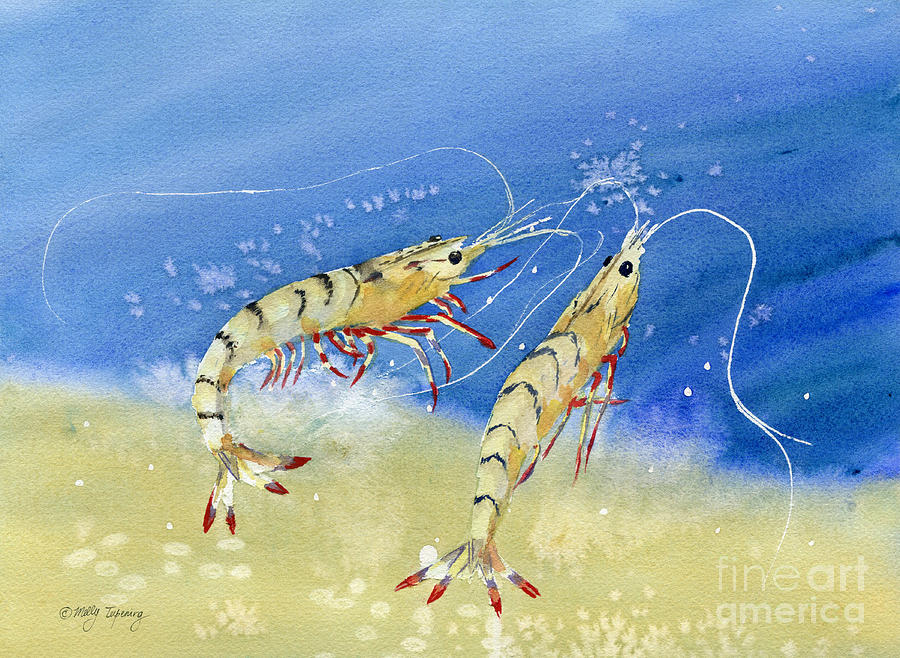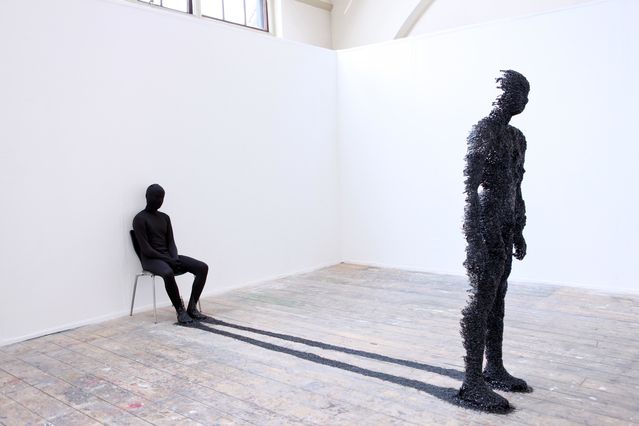 Trigger warning for cursing as I reach uncomfortable insights.
Trigger warning for cursing as I reach uncomfortable insights.
So a friend and colleague (who has been reading this blog for years) suggested that, in the last post, I was talking not just about "not-asking for help"...
...but also, in a way, seeing "help" as a moment for forcefulness.
He is sewing things together fast. From his provocative statement, I can sew some things together, too.
...
My great-grandfather, atop the toilet. I wasn't helping. I told myself I was, but I was the only person in that bathroom who felt like I was helping.
I was exercising force in pulling him up. I exhorted, "Come on, Papa," as if telling him to come on would make him stand any more easily. Pulling and exhorting -- attempting to control.
I do that. Fuck. I mowed the lawn for a friend a few weeks ago. I angrily waved her to the side, so that she would not be hit by debris from the blower. I told myself that my angry expression was okay, because it was hot and I was tired.
I wanted her not to get hit. But I also wanted to control where she was standing while I mowed. Both sentences are true.
I was exercising force as part of "helping." If I could have mowed the lawn without angrily waving her aside, she would have been happier, and I would have been happier.
(And thank you, to her, for noting that at the time. I'm sorry I am only seeing this pattern now, today.)
When I think I am helping, my shadow, the shadow of force and control in my life, comes out.
...
It's true. I wrote about it
here, in
Blue Avocado. The only time I have ever struck a tabletop in anger, it was because I was "doing the right thing" -- helping the employees of a nonprofit secure health care. I hammered that tabletop. I wish I hadn't. But it was okay, because I was "helping."
It's true when I argue. There is sometimes a moment, when I am arguing with someone, that I see "their mistake." I move from being an open listener, the part of me that I want to believe is my core, and I become a forceful arguer, intent on "helping" them through their mistake, to the "right decision." (Or, perhaps, I am helping our audience avoid their mistake.)
This is why some students love me and some absolutely cannot stand me. The ones who experience the listener, they flourish. The ones who experience the arguer, they do not.
(An example: when a student says something about how the gender pay gap is a myth -- I move from "open listener" to "let me lay some data on ya, kid." Students hate that David, exercising argument as force and control. I see it in my evals.)
Grocery shopping for my most recent, now ex, sweetheart. "I'll just buy this generic food, because she and I need to stretch the dollar. If I pay for it, generic can be okay. She's saving money because I am paying; I am saving money because I am buying Krusty O's."
Was that helping? Or was that just ignoring her preferences, another exercise of force and control, justified because "I am helping."
...
I am repeatedly called the most useful man on my university's campus. And it is true, I like to be helpful. I have a strong moral compass that calls upon me to intervene and an intense empathy for those unfamiliar with systems. These are the parts of me I embrace.
And the shadow: if I help you, you might like me. Power and control.
...
One last story. My mother's car broke down in the Wisconsin Dells. She wanted to leave it on the highway so that AAA would find it easily. I wanted it off the road, in a lot, so we could be safe from cars buzzing down the highway.
Mom and I disagreed, so I told her to pop it in neutral so I could push it off the road. (
That sentence right there is the fucking problem.). She got in the car and popped it in neutral. I started to push. The car froze. I wondered whether the whole engine had seized. I pushed a bit more. Still stuck.
My then-wife pointed out: "She's stepping on the brakes."
And there is the metaphor of the day, for how David lets the belief that he is doing the right thing justify the exercise of force and control, and how fucked up that can be.
...
David, who self-identifies as gentle,
when he feels he is helping
the part of him that fears and rejects force, that can't work through the place of aggression and force in his life, heathfully, and so gets stuffed into the shadow...
it steps forward, using force to control others,
under cover of the justification of "I am helping you."
...
This is starting to hurt.



 A colleague in anthropology suggested that I read Bly on the shadow. Here is a passage that resonates as well as introduces.
A colleague in anthropology suggested that I read Bly on the shadow. Here is a passage that resonates as well as introduces.
